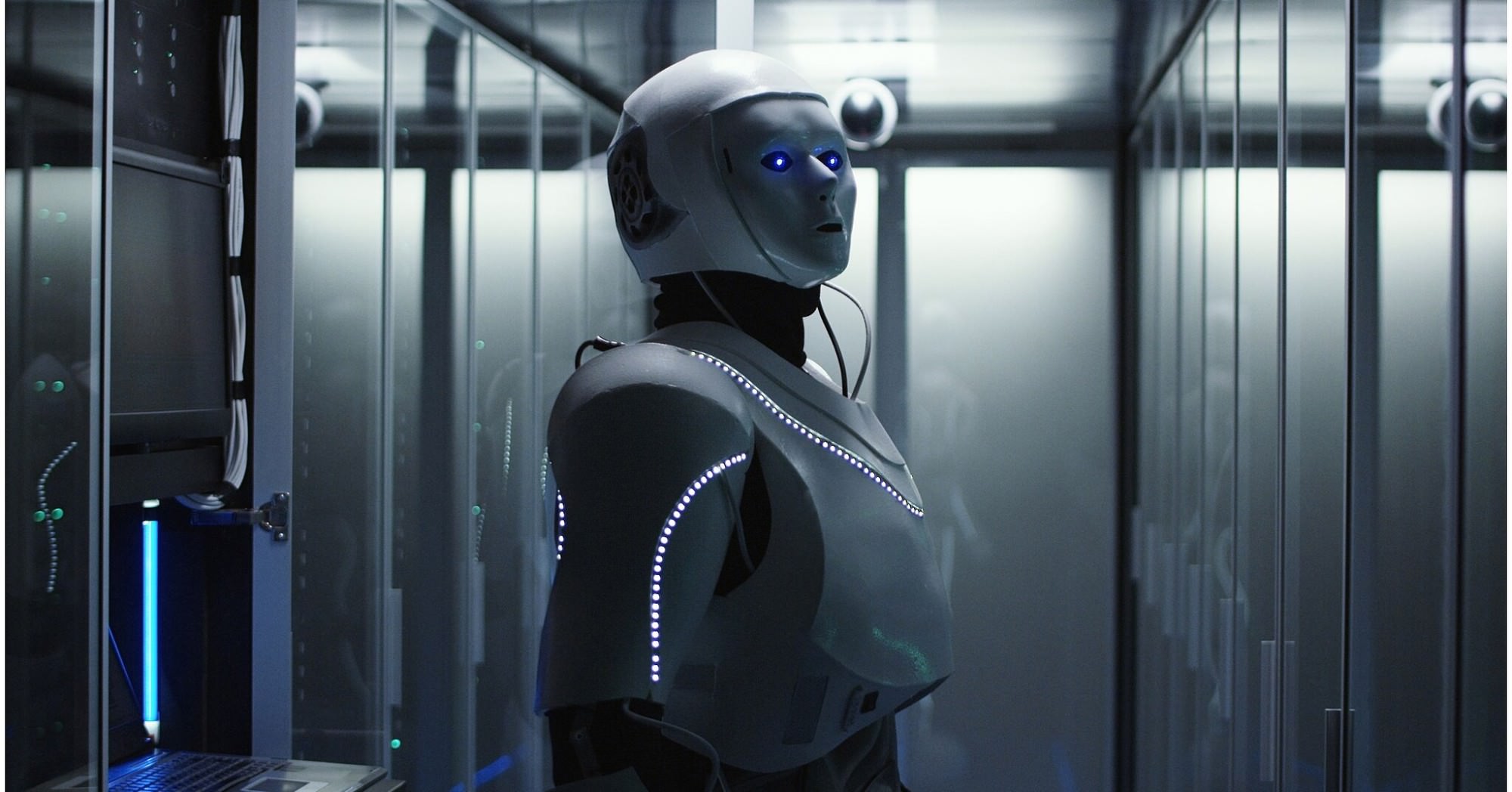Entertainment
Chinese Firms Replace Celebrity Influencers with ‘Virtual People’
By Belal Awad · August 8, 2023
In brief…
- The latest digital trend in China is virtual humans, which are AI-generated characters that can replace social media influencers and celebrities.
- Starheir Technology creates virtual humans with unique personalities designed for specific target audiences.
- Virtual humans enable companies to create brands ambassadors whom they can control, without the risk of scandal posed by human celebrity spokespeople.
- Critics warn consumers are engaging with influencers that are "just a complete fabrication of a big corporate innovator."

China has just given birth to the latest AI-inspired industry: Virtual humans. These computer-generated characters have caused a stir as they quickly replace traditional social media influencers and celebrities. Predicting explosive growth, one research firm said new market could be worth $42 billion by as early as 2030.
Todd Jiang, founder of Starheir Technology, is attempting to capitalize early on the burgeoning industry. His company creates virtual humans, each with their own unique character and target audience - from geek to chic to jock. Jiang told Al Jazeera, “Men and women each have their own personality and backstory. For example, one is into popular music. There is a girl-next-door type, a more aloof fashion blogger, and another who is into new technology.”
These virtual humans generate their own fan bases and, unlike real people, they don’t tire, age or “get into trouble.” This has become particularly appealing to brands in the wake of numerous business-busting celebrity scandals..
Arnold Ma, of China journal, Dao Insights extolled the advent of virtual humans, saying, “You have absolute control of what this person does in and outside of your brand comms. So a virtual character ain’t going to go commit a crime.”
Chinese consumers, known for their quick adaption of new technologies, might be more accepting of virtual humans than other markets. Even so, many analysts believe that as the technology improves the trend will go global. Developers aim to create virtual humans that are as human-like as possible, allowing consumers to feel a sense of connection, even intimacy, with a VH.
There are, however, potential downsides to the trend. AI and Metaverse consultant David Burden warned, “You’re engaging with the influencer as a nice person, but you’re disconnecting your mind from recognizing actually this person is really just a complete fabrication of a big corporate innovator.”